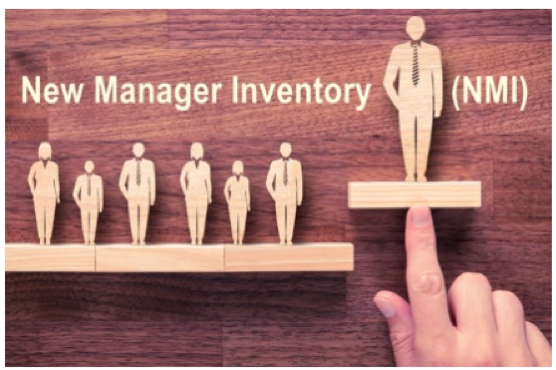
The NMI is designed to estimate organizational leadership aptitude in adults.
The goal is to identify strengths and areas for potential development. It focuses more on leadership emergence than effectiveness. This should only take 5 minutes.
Directions: NMI results depend on the responder’s experience in observing the subject in a organizational settings. There are 30, multiple-choice questions. Answer all questions to submit the survey. Please answer the final questions too. If you encounter technical problems taking the NMI, please Contact Us.
There are no right or wrong, good or bad answers. Mark the response that seems to best reflect how you have observed the subject. First responses are usually best. If you do not feel you can adequately answer a question, mark “Unsure.” This form is secure.
There are a few open-ended questions at the end of this form. You only need to answer these if it is part of a training program application.
